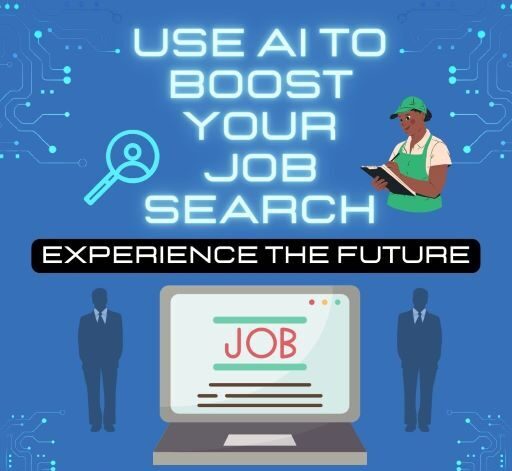University of Westminster London, Courses, Cost and Cultural Experience
The University of Westminster is a prestigious institution situated in the heart of London, United Kingdom. With a rich history spanning over 180 years, the university has established itself as a leading educational institution renowned… University of Westminster London, Courses, Cost and Cultural Experience









